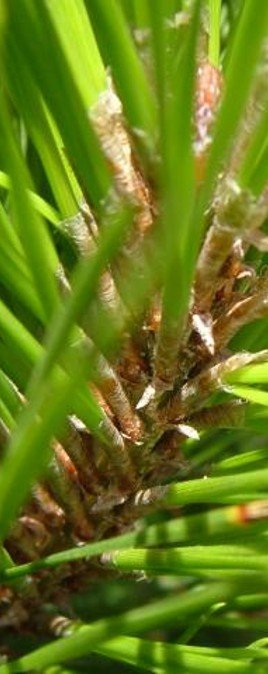An editorial in the Dominion Post examines the issue of GM in New Zealand following an activist attack on a research plantation of genetically modified pines near Rotorua.
 An excerpt (read in full here):
An excerpt (read in full here):
Editorial: GM vandals’ acts misguided
The greatest environmental threat posed by the field trial of genetically modified pine trees at Rotorua was not the test itself, but the actions of those who risked the spread of GM material by breaking in and destroying the crop.
The trial, by Crown research institute Scion, was subject to rigorous controls, including secure containment, strict external monitoring and a total ban on any pollen or seed being allowed to develop.
To destroy the plantation, the unknown group, presumed to be anti-GM activists, had to breach a perimeter fence, then dig under two security fences – one of them electrified – around the 1-hectare test site. The security precautions were just some of the 10 conditions on containment, inspection and reporting that Erma, now the Environmental Protection Authority, placed on the trial when it approved it last year after a thorough investigation and wide public consultation. That process, as Scion chief executive Warren Parker notes, is one of the strictest regulatory regimes for GM testing in the world.
For some, however, any GM experimentation is unacceptable, no matter how robust the safeguards. They have decided genetic modification which they emotionally dub “Frankenstein science” is unnatural, so any moves to trial and develop it should be banned.
It is a view that ignores the most basic principle of science: that ideas and theories must be thoroughly tested before they can be accepted as truth or discounted as fiction. It also overlooks the huge economic, social, medical, humanitarian and, ironically, environmental benefits that could be unlocked by genetic modification.
GM testing could hold the key to solving all manner of problems from climate change, through the development of trees that suck more carbon from the atmosphere, to famine, through the development of crops resistant to diseases, pests and droughts.